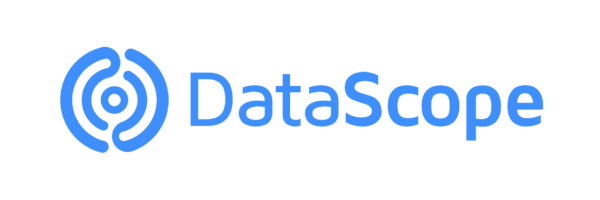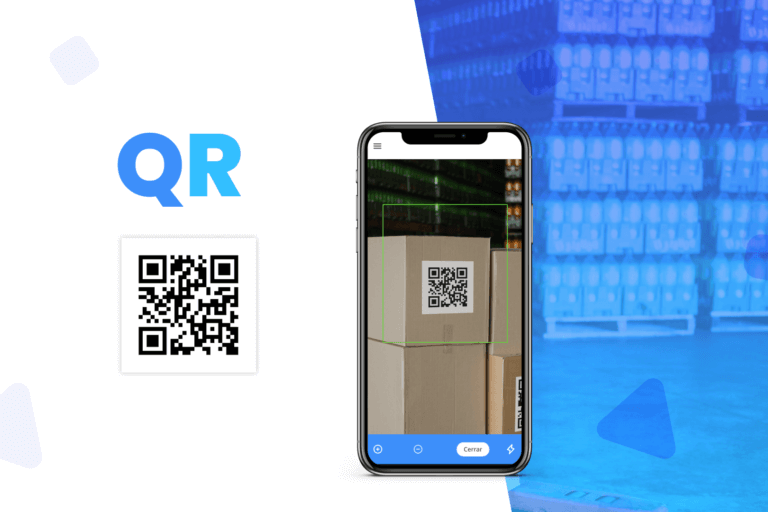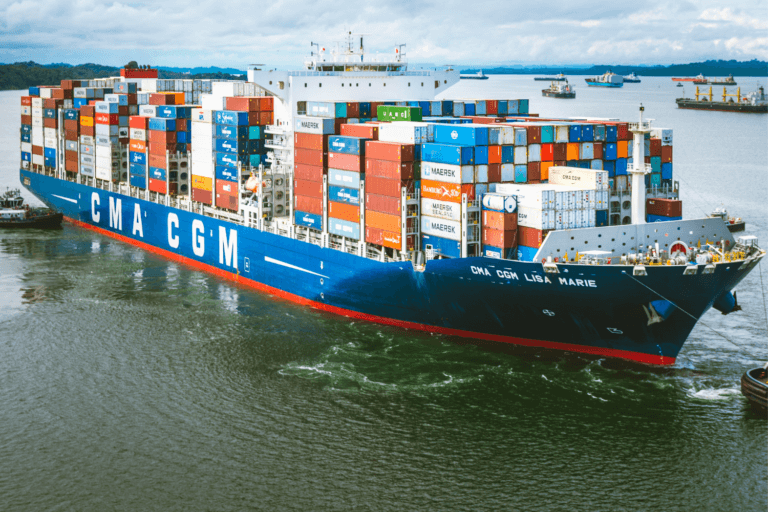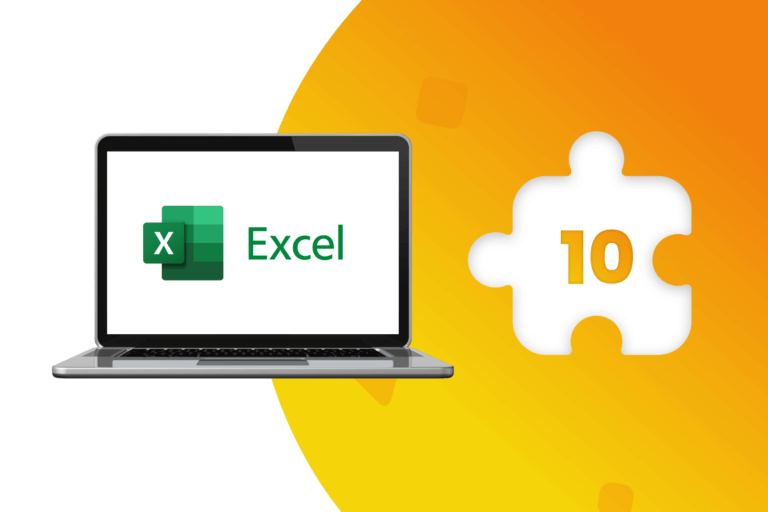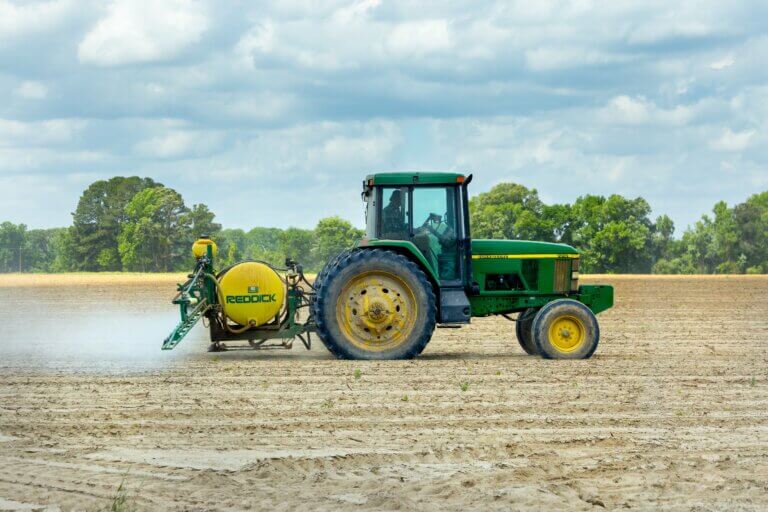Information and communications technology (ICT) is affecting different aspects of business across all industries. Like any other entrepreneurs, farmers are becoming increasingly dependent on automation, data-driven and GPS technology. These tools help them to monitor their crops and livestock and it also provide them accurate data that are essential to make informed and responsible decisions.
The FAO predicts that there will be 9.6 billion people on the planet by 2050, and food production will increase by 70 percent in spite of the limited availability of suitable land and freshwater. To become more efficient, some farmers have developed methods to reduce water consumption, and are using technology and farm management software to improve operations and increase profits. Farming like any other business is taking advantage of digital technology.
The following tools can help farmers to boost profits and optimize business operations.
- Mobile technology
Monitoring and evaluation are an essential part of farming and, until recently, it was done using pencil and paper. Now, these tasks can be carried out using smartphones and tablets.
Smartphone technology can be very helpful farmers because mobile connections are the easiest and most cost-effective way to gather data in the field. DataScope, for instance, is a mobile collection app that has been specifically developed to allow field teams to collect data using a mobile device. It provides real-time insights and sends updates to the mobile workforce with new assignments.
- Big data analytics
Farmers can use big data to increase efficiency and lower costs. Farm management software and other digital tools can collect huge amounts of information about crop yields, fertilizers, soil mapping, fertilizers and animal health. The analysis of all that information can help farmers to decide what to plant, where and when to do it. Data accumulated from water sensors can be analysed to plan more efficiently future crops and water usage.
All this technology depends on reliable communication channels. Data gathered using mobile devices and wireless technology and data stored in the cloud has to be available for analysis. Farmers have to be able to integrate all data coming from different tools and devices. Farm management software can help them better manage data and technology to make informed decisions in all aspects of their production processes.
- RFID technologies
Radio Frequency Identification (RFID) and similar wireless technologies that can be used to track cattle using livestock tracking tags equipped with RFID. These tags also can be used for health monitoring and to get a health history of animals. This technology can be particularly helpful to track crop shipments because it can reduce counterfeiting and impure food shipments.
- Connected water
At global level, agriculture accounts for around 70 percent of all fresh water use. However, around 60 percent of this amount is wasted. This wastage can be reduced by using smart systems that can warn farmers of leaks, equipment failure and enabling them to remotely control water pumps. ICT tools, data management and farm management systems can help an organization various stakeholders to keep connected and get a better resolution for their current challenges.
- Cloud computing
Cloud computing is an information technology paradigm through which users can access shared pools of configurable system resources over the internet. Cloud computing gives farmers access to vital information anywhere at any time and it can be used to aggregate data from tools like soil sensors, satellite images, and weather stations to help farmers make better decisions about managing their crops. Farmers can also use the cloud to access information from predictive analysis institutes that can provide them access to accurate predictions on products and crops. Thanks to cloud computing crop and farmers-related data can be stored at a single location, and can be accessed by the end-users such as farmers, experts, researchers and others at any time from any location through the devices that are connected to the cloud system. For instance, SmartFarm is an open-source research project that provides farmers with a secure, easy to use, low-cost data analysis system. It uses sensors to monitor water and nutrient movement, soil conditions, and moisture levels and the data gathered is processed in the cloud. Farmers can view the insights through an app installed on their smartphones.
- Farm management software
Farming-specific software can manage the workforce more efficiently and improve the effectiveness across the agricultural value chain. There also are mobile task management tools and data integration to measure machine operations and production. Farm management software solutions allow companies in the agriculture industry to cover all their needs in a fully integrated manner. DataScope provides a powerful farm management software which allows these companies collecting and storing relevant data and help farmers to optimize production and operation management.
How do you see the future of technology shaping the agriculture industry?
DataScope is a platform which allows various industries to streamline, organize and evaluate the work of their field staffs thanks to online forms which provide real time indicators 100% adaptable to any field.

